DBU CAS 6674-22-2 1,8-Diazabicyclo[5.4.0]undec-7-ene Purity >99.0% (GC) Factory
Shanghai Ruifu Chemical Co., Ltd. is the leading manufacturer of 1,8-Diazabicyclo[5.4.0]undec-7-ene (DBU) (CAS: 6674-22-2) with high quality. Ruifu Chemical can provide worldwide delivery, competitive price, small and bulk quantities available. Purchase DBU, Please contact: alvin@ruifuchem.com
| Chemical Name | 1,8-Diazabicyclo[5.4.0]undec-7-ene |
| Synonyms | DBU; 1,8-Diazabicyclo[5.4.0]-7-Undecene; 2,3,4,6,7,8,9,10-Octahydropyrimido[1,2-a]azepine; Diazabicycloundecene |
| Stock Status | In Stock, Mass Production |
| CAS Number | 6674-22-2 |
| Molecular Formula | C9H16N2 |
| Molecular Weight | 152.24 g/mol |
| Melting Point | -70℃ |
| Boiling Point | 80.0~83.0℃/0.6 mm Hg(lit.) |
| Flash Point | 116℃(240°F) |
| Density (20℃) | 1.018~1.023 |
| Refractive Index n20/D | 1.520~1.524 |
| Sensitive | Air Sensitive |
| Water Solubility | Completely Miscible with Water |
| Storage Temp. | Cool & Dry Place (2~8℃) |
| COA & MSDS | Available |
| Brand | Ruifu Chemical |
| Items | Inspection Standards | Results |
| Appearance | Colorless to Pale Yellow Liquid | Complies |
| Water by Karl Fischer | <0.20% | 0.13% |
| Purity / Analysis Method | >99.0% (GC) | 99.39% |
| Infrared Spectrum | Conforms to Structure | Complies |
| Conclusion | The product has been tested & complies with the specifications | |
Water: About 0.5g of this product is taken and determined according to moisture determination method (Chinese Pharmacopoeia 2010 Edition, Part II Appendix Ⅷ M, First Method A), not more than 0.2%
Content determination: Determination by gas chromatography (Appendix V E, Part II, 2010 Edition of Chinese Pharmacopoeia).
Chromatographic condition and system adaptability test: (6%) cyanopropyl phenyl - (94%) dimethylpolysiloxane was used as the fixed liquid capillary column, the column temperature was 160℃. The detector was hydrogen flame ionization detector (FID), and the detector temperature was 250℃. The inlet temperature is 250℃.
Assay: Precision 0.2µl of the product was injected into the gas chromatograph and the chromatogram was recorded. Its content is calculated by area normalization method and shall not be less than 99.0%.
Package: Bottle, 25kg/Drum, 180kg/Drum, or according to customer's requirement.
Storage Condition: Store in sealed containers at cool and dry (2~8℃) warehouse away from incompatible substances. Protect from light and moisture. Incompatible with acids, strong oxidizing agents, acid anhydrides, acid chlorides and chloroformates.
Shipping: Deliver to worldwide by FedEx / DHL Express. Provide fast and reliable delivery.
How to Purchase? Please contact Dr. Alvin Huang: sales@ruifuchem.com or alvin@ruifuchem.com
15 Years Experience? We have more than 15 years of experience in the manufacture and export of a wide range of high quality pharmaceutical intermediates or fine chemicals.
Main Markets? Sell to domestic market, North America, Europe, India, Korea, Japanese, Australia, etc.
Advantages? Superior quality, affordable price, professional services and technical support, fast delivery.
Quality Assurance? Strict quality control system. Professional equipment for analysis include NMR, LC-MS, GC, HPLC, ICP-MS, UV, IR, OR, K.F, ROI, LOD, MP, Clarity, Solubility, Microbial limit test, etc.
Samples? Most products provide free samples for quality evaluation, shipping cost should be paid by customers.
Factory Audit? Factory audit welcome. Please make an appointment in advance.
MOQ? No MOQ. Small order is acceptable.
Delivery Time? If within stock, three days delivery guaranteed.
Transportation? By Express (FedEx, DHL), by Air, by Sea.
Documents? After sales service: COA, MOA, ROS, MSDS, etc. can be provided.
Custom Synthesis? Can provide custom synthesis services to best fit your research needs.
Payment Terms? Proforma invoice will be sent first after confirmation of order, enclosed our bank information. Payment by T/T (Telex Transfer), PayPal, Western Union, etc.
Hazard Symbols C - Corrosive
Risk Codes
R22 - Harmful if swallowed
R35 - Causes severe burns
R52/53 - Harmful to aquatic organisms, may cause long-term adverse effects in the aquatic environment.
Safety Description
S26 - In case of contact with eyes, rinse immediately with plenty of water and seek medical advice.
S36/37/39 - Wear suitable protective clothing, gloves and eye/face protection.
S45 - In case of accident or if you feel unwell, seek medical advice immediately (show the label whenever possible.)
S61 - Avoid release to the environment. Refer to special instructions / safety data sheets.
RIDADR UN 3267 8/PG 2
WGK Germany 2
F 34
Autoignition Temperature 260℃
TSCA Yes
Hazard Class 8
Packing Group II
HS Code 2933990099
1,8-Diazabicyclo[5.4.0]undec-7-ene (DBU) (CAS: 6674-22-2) is a bicyclic amidine base. It is non-nucleophilic, sterically hindered, tertiary amine base in organic chemistry. It is reported to be superior to amine catalyst in Baylis-Hillman reaction.It promotes the methylation reaction of phenols, indoles and benzimidazoles with dimethyl carbonate under mild conditions.
DBU may be used:
1. DBU is a strong amidinebase. Serving as a proton scavenger DBU is mainly applied as a non-nucleophilic base in the synthesis of many active pharmaceutical ingredients.
2. DBU is used in organic synthesis as a catalyst, a complexing ligand, and a non-nucleophilic base. It is used as a protecting agent for the synthesis of cephalosporin and as a catalyst for polyurethane.
3. As catalyst for carboxylic acid esterification with dimethyl carbonate
4. DBU is used as a resin curing accelerator (especially for the outer cover of integrated circuits and electronic components).
5. As catalyst in aza-Michael addition and Knovenegal condensation reaction
6. DBU is used as a catalyst in the polyurethane industry. It is a highly active, low-odor gel catalyst. DBU is mainly used in catalytic situations where strong gels are required, including formulations containing ester cycloisocyanates or aliphatic isocyanates, which require strong catalysts because they are less active than aromatic isocyanates.
7. DBU is used for synthesis of heterocycle and important intermediate of medicine and pesticide or organic synthesis of block.
8. May be used as an catalyst for the dissolution and activation of cellulose by a reversible reaction of its hydroxyl groups with carbon dioxide. This dissolved cellulose system can be derivatized to form cellulose mixed esters.
9. DBU is used in the manufacture of cephalosporin semi-synthetic antibiotic drugs, and also used in the preparation of deacidification agents, rust inhibitors, advanced corrosion inhibitors, etc.
-
![DBU CAS 6674-22-2 1,8-Diazabicyclo[5.4.0]undec-7-ene Purity >99.0% (GC) Factory](https://www.ruifuchem.com/uploads/DBU-CAS-6674-22-2-Factory-Shanghai-Ruifu-Chemical-Co.-Ltd.-www.ruifuchem.com_-300x300.jpg)
DBU CAS 6674-22-2 1,8-Diazabicyclo[5.4.0]undec-...
-
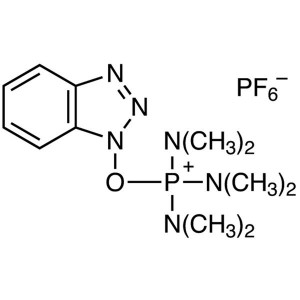
BOP Reagent CAS 56602-33-6 Peptide Coupling Rea...
-
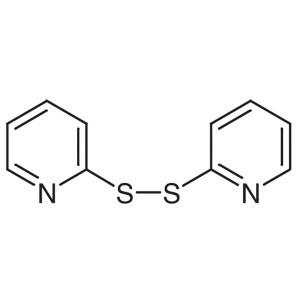
2,2′-Dipyridyl Disulfide CAS 2127-03-9 Pu...
-
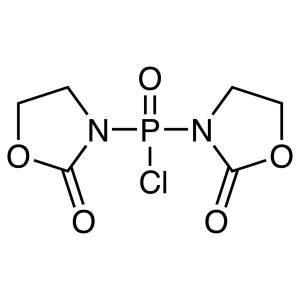
BOP-Cl CAS 68641-49-6 Peptide Coupling Reagent ...
-
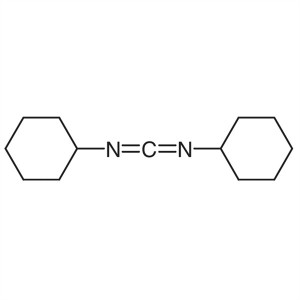
DCC CAS 538-75-0 N,N’-Dicyclohexylcarbodi...
-
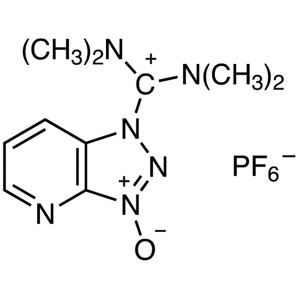
HATU CAS 148893-10-1 Peptide Coupling Reagent P...
-
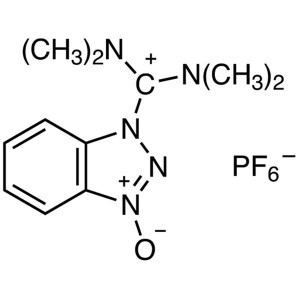
HBTU CAS 94790-37-1 Peptide Coupling Reagent Pu...
-
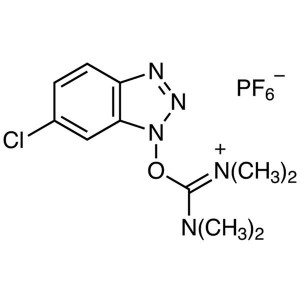
HCTU CAS 330645-87-9 Peptide Coupling Reagent P...
-
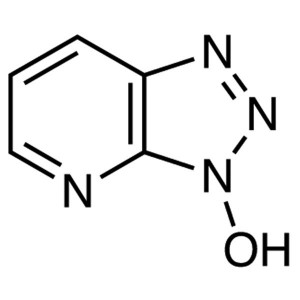
HOAt CAS 39968-33-7 1-Hydroxy-7-Azabenzotriazol...
-
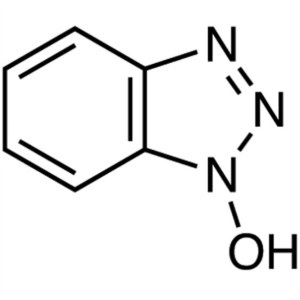
HOBt Anhydrous CAS 2592-95-2 1-Hydroxybenzotria...
-
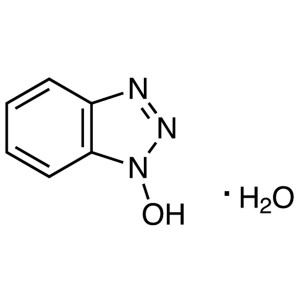
HOBt·H2O CAS 123333-53-9 1-Hydroxybenzotriazole...
-
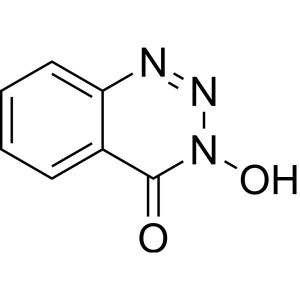
HOOBt CAS 28230-32-2 Peptide Coupling Reagent P...
-
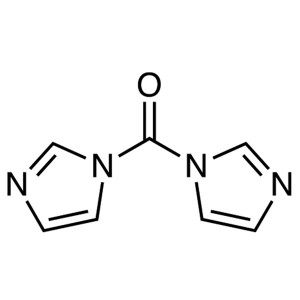
CDI CAS 530-62-1 N,N’-Carbonyldiimidazole...
-
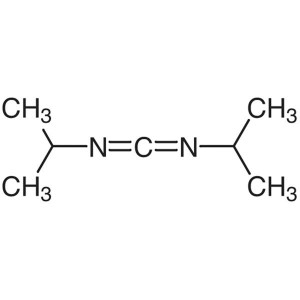
DIC CAS 693-13-0 N,N’-Diisopropylcarbodii...
-
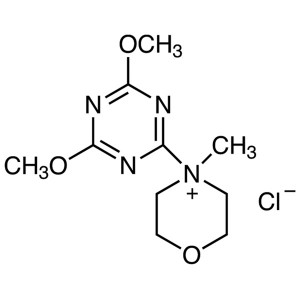
DMTMM CAS 3945-69-5 Coupling Reagent Purity >99...
-
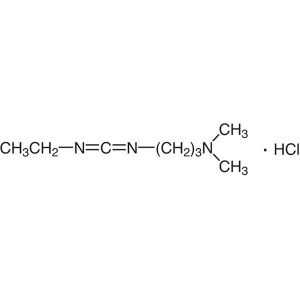
EDC·HCl CAS 25952-53-8 Coupling Reagent Purity ...

![DBU CAS 6674-22-2 1,8-Diazabicyclo[5.4.0]undec-7-ene Purity >99.0% (GC) Factory Featured Image](https://www.ruifuchem.com/uploads/DBU-CAS-6674-22-2-Factory-Shanghai-Ruifu-Chemical-Co.-Ltd.-www.ruifuchem.com_.jpg)